Legislating cyberspace
Marina Kaljurand, Chair, Global Commission on Stability of Cyberspace, Brussels, Belgium, said governments had to collaborate closely with lawyers, and the private sector, which is leading some major developments
Marina Kaljurand, Chair, Global Commission on Stability of Cyberspace, Brussels, Belgium, said governments had to collaborate closely with lawyers, and the private sector, which is leading some major developments
K.P. Krishnan, Secretary, Ministry of Skill Development and Entrepreneurship & Chairman, National Skill Development Agency (NSDA), Government of India, discusses the formidable task of upgrading India’s skills deficit swiftly and inclusively
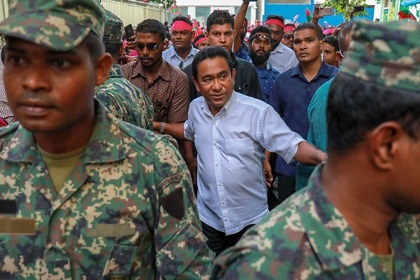 Courtesy: New York Times
Courtesy: New York Times
The crisis in the Maldives is a case study of Chinese investments undermining democratic institutions in smaller countries. It poses long term threats to India’s economic and political security. And almost overnight, it has turned the Indian Ocean into the Indo-Pacific
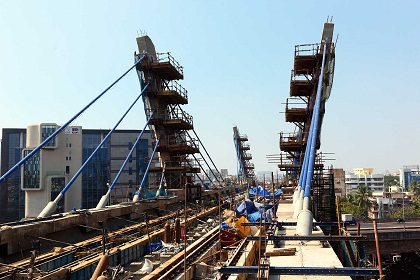 Courtesy: Wikimedia Commons
Courtesy: Wikimedia Commons
The building of the Mumbai metro means different things to the government, the city, the youth, the middle class, and other stake holders
 Courtesy: Sameer Patil & Shah Maieen
Courtesy: Sameer Patil & Shah Maieen
A recent trip to Cox’s Bazar showed that despite numerous health, social and security challenges, the Rohingya refugees are reluctant to return to Myanmar. India will have to walk a tightrope, keeping in mind humanitarian, security, and geopolitical priorities
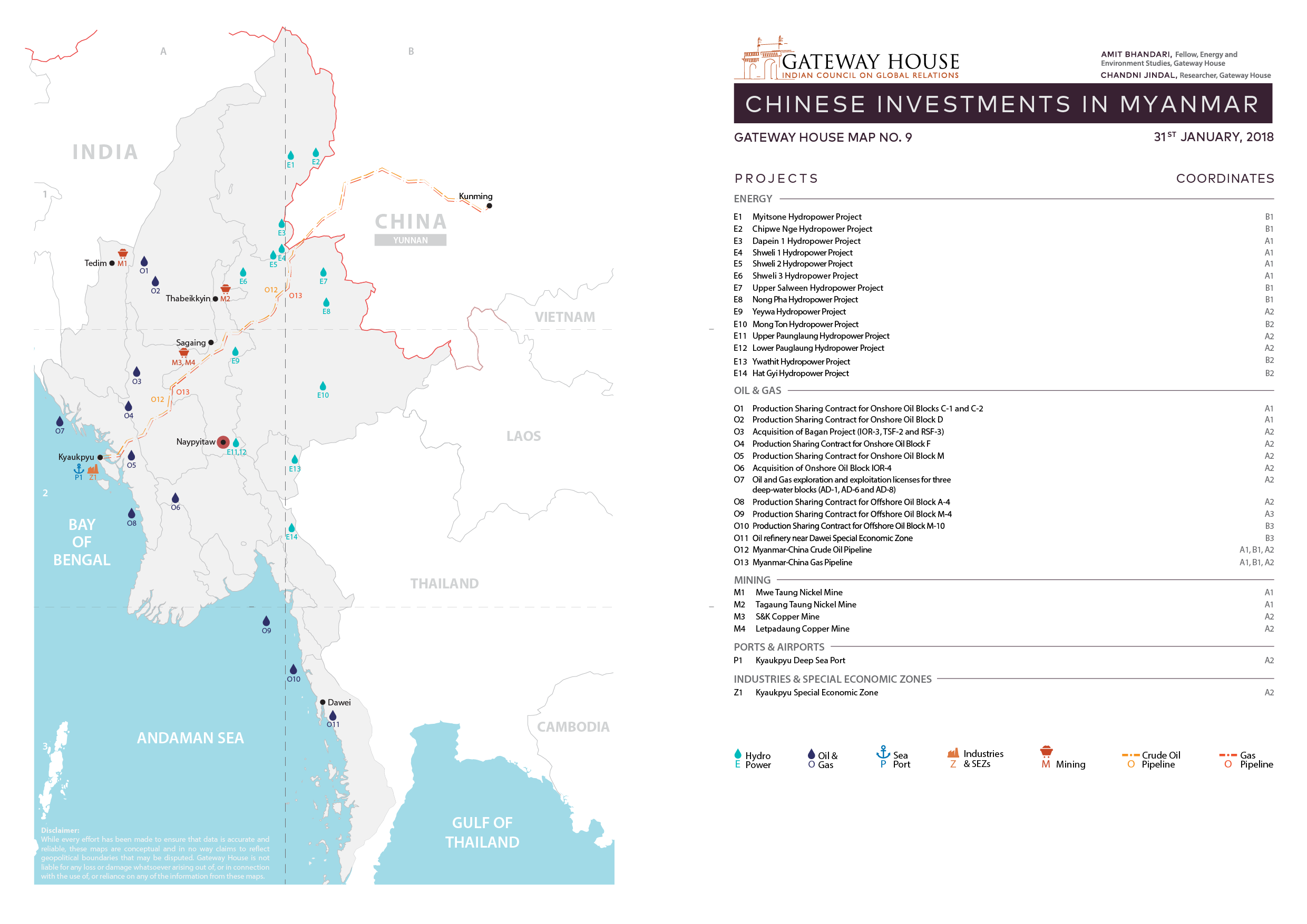 Courtesy: Gateway House
Courtesy: Gateway House
While most Asian countries studied by Gateway House are moving toward greater dependence on China, Myanmar is moving in the opposite direction. For decades, China has been one of the few countries willing to do business with Myanmar, sanctioned by Read more
 Courtesy: Pakistan Times
Courtesy: Pakistan Times
As Pakistan prepares for general elections, its Army is working to bring terrorist and radical religious groups into the political mainstream. Its leisurely response to recent anti-blasphemy protests by the Tehreek Labaik Ya Rasool group and release of terrorist mastermind Hafiz Saeed are a part of this strategy
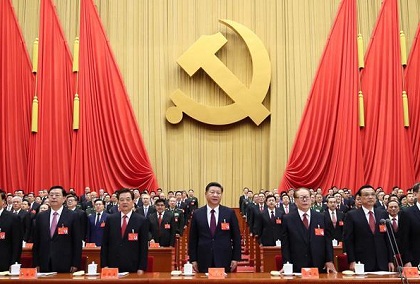 Courtesy:
Courtesy:
For the last fortnight, the world has been captivated by the events of the 19th National Congress of the Communist Party of China, which elevated Chinese President Xi Jinping to the status accorded to Chairman Mao. Xi Jinping has consolidated his position in the CCP, strengthened his hold over the country and provided a policy road-map for the next five years. 'Xi' Jinping Thought' is now enshrined In the Chinese Constitution just as firmly as was 'Mao Zedong Thought'.
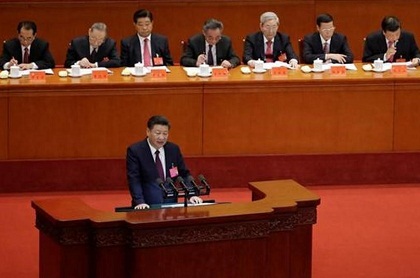 Courtesy: Hindustan Times
Courtesy: Hindustan Times
Amidst the grand messaging and visual splendour of the 19th Party Congress, Xi made some telling pronouncements. He sent out a stern warning to separatist elements, threatening the country’s unity, and emphasised “ecology” and “environment” over “economy” and “market”. Over and above it all, the Chinese Communist Party that he rejuvenated emerged the real ‘hero’ in the epic story
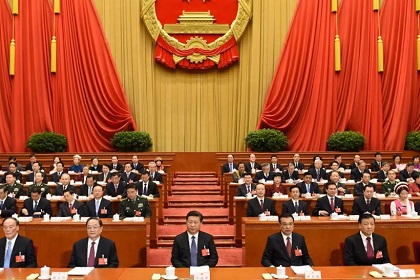 Courtesy: South China Morning Post
Courtesy: South China Morning Post
At the Chinese Communist Party’s 19th Congress, President Xi Jinping will surely consolidate and project his power within the Chinese Communist Party. But, there are other crucial elements to be observed and studied beneath the obvious grandeur of the Congress, such as, how it has retained its longevity and tenacity, how it commands loyalty and ideological compliance, and how change gets institutionalised. This week-long event will yield important clues